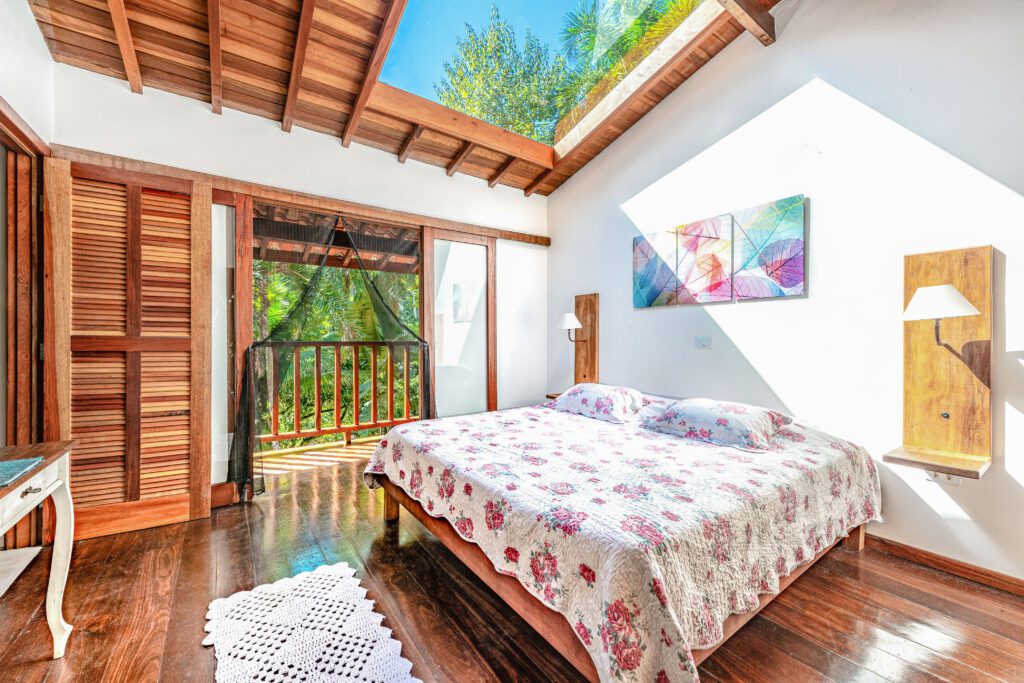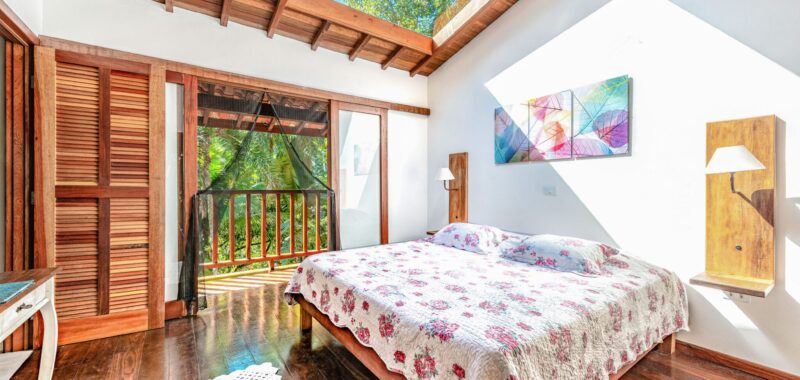
Skift Take
Airbnbâs total price display policy has pushed some hosts to reconsider how they use cleaning fees. Experts say itâs better to determine what makes a fair fee than it is to eliminate it entirely.
A 2022 Airbnb policy change aimed to address a longtime complaint from critics: surprise and sometimes costly cleaning fees that arenât included in the nightly rental rate.
With âall-in pricing,â guests can choose to browse rental listings on Airbnb by total cost, not including taxes. The company also announced its algorithm would prioritize this new total price, ensuring that âthe highest quality home with the best total prices will rank higher in search results,â according to CEO Brian Chesky.
The change forced some hosts to reconsider how they handle cleaning fees â higher cleaning fees would drive up the total price, potentially pushing their listing further down in search results. Earlier this year, Airbnb reported nearly 300,000 listings removed or reduced their cleaning fees since it launched total price display.
But most listings still include cleaning fees, especially in the U.S. âMany hosts have approached us with questions about whether they should eliminate the cleaning fee altogether,â said Caitlin Johnston and Stefanie Medd of Host & Stay, a short-term rental listing optimization company, in a joint email to Skift. âInstead of eliminating the fee, we focus on conducting competitive pricing analyses to ensure that cleaning fees are appropriately aligned with the market and reflect actual cleaning costs.â
In the U.S., nearly 90% of short-term rental listings on Airbnb and Vrbo have cleaning fees, according to a January report from AirDNA. Not including a fee would force hosts to shoulder cleaning costs themselves, which could put them at a âcompetitive disadvantage,â said Johnston and Medd.
Itâs a matter of determining whatâs fair and competitive. Johnston and Medd argue, noting itâs more important to consider how cleaning fees relate to the overall guest experience. Higher cleaning fees, for instance, might give guests higher expectations for cleanliness. And asking guests to do too much at checkout â taking out the trash, or starting laundry, for instance â might generate pushback, especially if theyâre already paying a high cleaning fee.
âFinding the balance between a fair, competitive cleaning fee and delivering an exceptional guest experience is a delicate act,â Johnston and Medd said.
The Issue Is Transparency
Some argue that the backlash over cleaning fees that prompted the changes was never really about the fees at all â but more about the lack of up-front transparency in the pricing. Marcus Rader, the CEO of Hostaway, a vacation rental software system, argues it was a side effect of a larger backlash to rising prices across the short-term rental industry as a whole.
âA lot of people were used to the idea that you could get more space for less money than a hotel, and that time is probably never coming back,â Rader told Skift. âThatâs basically where the consumer backlash came from. They were used to having Airbnb cheaper than hotels, well suddenly you need to pay more.â
Rader says he does hear from hosts who fear that all-in pricing might make their listings less competitive. But he believes more uniform regulation on pricing across the industry would help address that and even the playing field.
âThatâs not Airbnbâs job really, that should be the government saying, âhey you should get what you pay for,ââ he said.
California introduced a junk fee law July 1 that required companies to display total prices, excluding taxes, up front. Airbnb and Expedia disclosed they were facing headwinds in their California businesses because of the new pricing regulation.
Meanwhile, cleaning fees vary from market to market. Itâs more common to find short-term rental properties that donât include cleaning fees elsewhere in the world. According to AirDNA, for instance, 52% of properties in the United Kingdom donât charge a cleaning fee.
Many North American short-term rental operators manage multiple investment properties, Johnston and Medd said, and are more likely to use third-party cleaning services, which means they may be paying more for cleaning. By contrast, hosts in other countries are more likely to manage a single property and handle cleaning themselves.
Additionally, outside the U.S., all-inclusive pricing is generally more commonplace â not just in the short-term rental industry, but in the economy as a whole.
âThe cultural expectation around short-term rentals also varies internationally, with many non-U.S. markets favoring all-inclusive pricing where the cost of cleaning is already factored into the overall rate,â according to Johnston and Medd.

